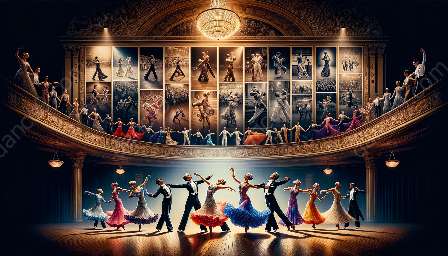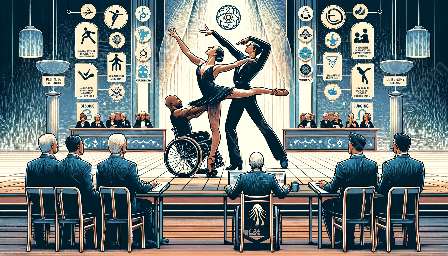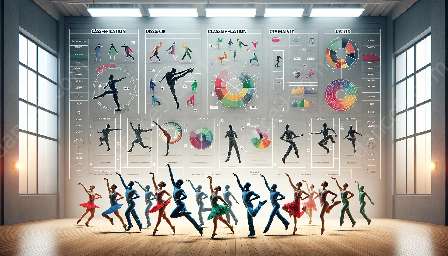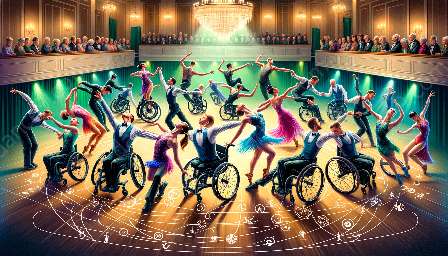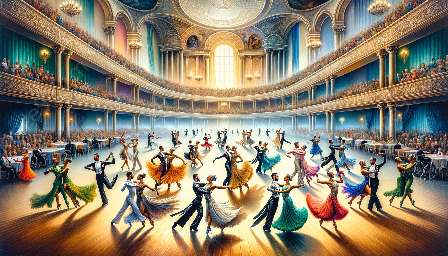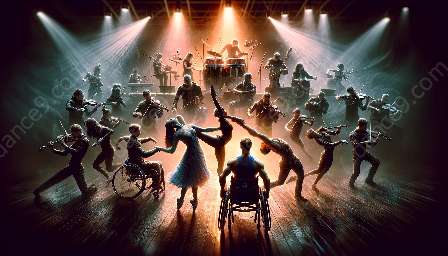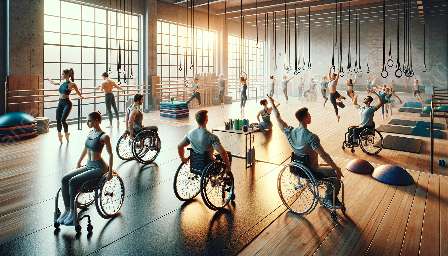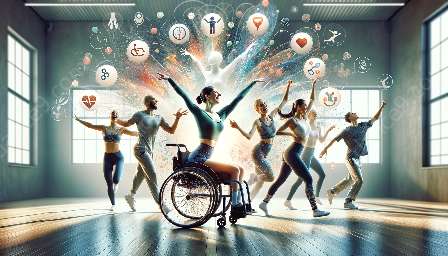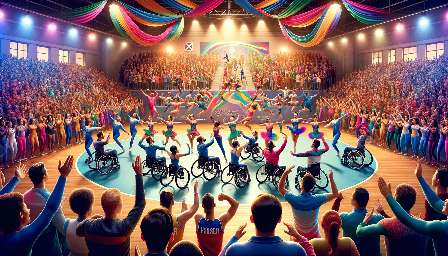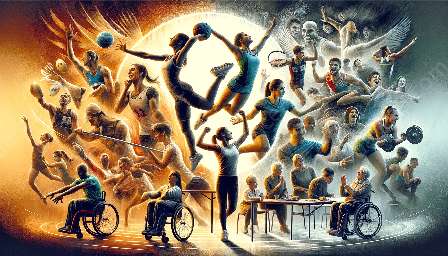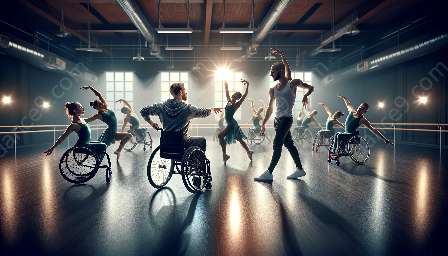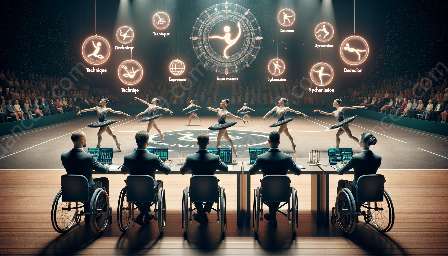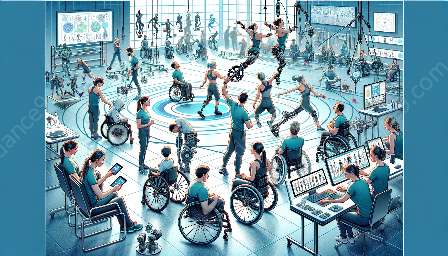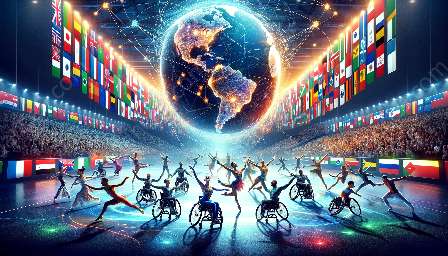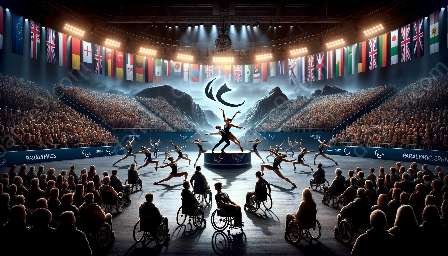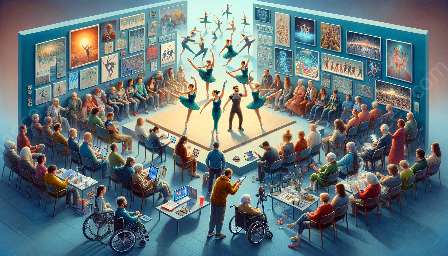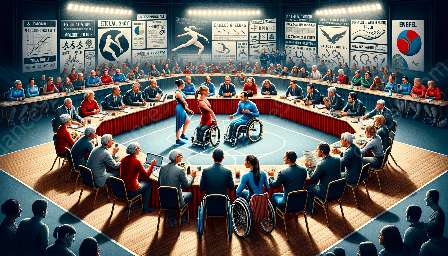Para dance sport is an inclusive and inspiring activity that provides individuals with physical disabilities the opportunity to engage in a highly competitive and socially rewarding sport. As the population of individuals with disabilities increases, universities are challenged to become more inclusive and provide equal opportunities for para athletes, including those involved in para dance sport.
Diversity and Inclusion in Para Dance Sport
Universities play a crucial role in promoting diversity and inclusion in various sports, including para dance sport. Inclusive practices not only benefit para athletes but also enrich the entire sporting community by fostering acceptance, understanding, and respect for all individuals. By embracing diversity and inclusion in para dance sport, universities can create an environment that celebrates differences and empowers para athletes to excel in their sport.
The challenge lies in identifying and addressing the specific needs of para dance sport athletes to ensure that they have the same access to facilities, resources, and support as their able-bodied counterparts. Universities must establish a framework that recognizes the unique requirements of para athletes and facilitates their participation in para dance sport.
Supporting Para Dance Sport Athletes
Creating an inclusive environment for para dance sport athletes starts with offering accessible facilities and adaptive equipment. Universities should invest in infrastructure that accommodates the needs of para athletes, such as wheelchair-friendly dance studios, adjustable dance floors, and specialized training equipment. Additionally, providing expert coaching and mentorship tailored to the specific abilities of para dancers is essential for their development and success in the sport.
Moreover, universities can foster inclusivity by organizing awareness campaigns, educational workshops, and cultural events that promote an understanding of para dance sport and disability sports in general. These initiatives help break down stereotypes, eliminate misconceptions, and encourage greater participation and support for para dance sport athletes within the university community.
World Para Dance Sport Championships
The World Para Dance Sport Championships serve as a global platform for para athletes to showcase their talent, compete at the highest level, and promote the inclusivity of para dance sport on an international scale. Universities can actively support their para dance sport athletes by providing resources for training, travel, and competition preparation. By fostering a culture of support and collaboration, universities can empower para athletes to represent their institution with pride and distinction at prestigious events like the World Para Dance Sport Championships.
Furthermore, universities can engage in partnerships with established para dance sport organizations, governing bodies, and community outreach programs to strengthen their commitment to diversity and inclusion. Collaborative efforts can lead to the development of para dance sport leagues, exhibitions, and tournaments that encourage participation and raise awareness of the sport within the university and the broader community.
Conclusion
Creating an inclusive environment for para dance sport athletes at universities is not only a matter of accessibility but also a reflection of the institution's commitment to diversity and inclusion. By prioritizing the needs of para athletes, universities can foster a supportive and empowering environment that allows para dance sport athletes to thrive and achieve their full potential. Embracing diversity and inclusion in para dance sport not only benefits the athletes but also enriches the university community as a whole.

